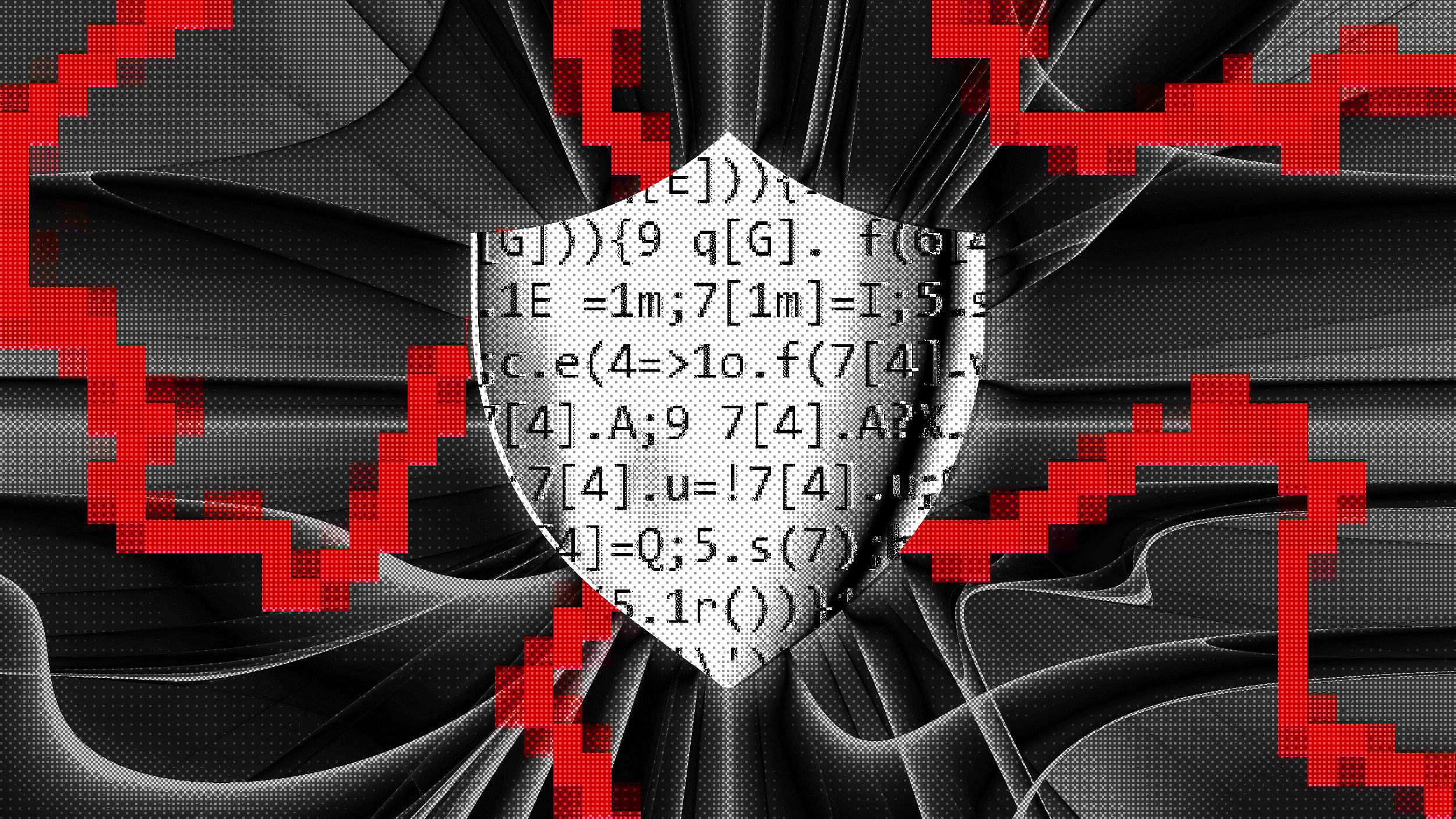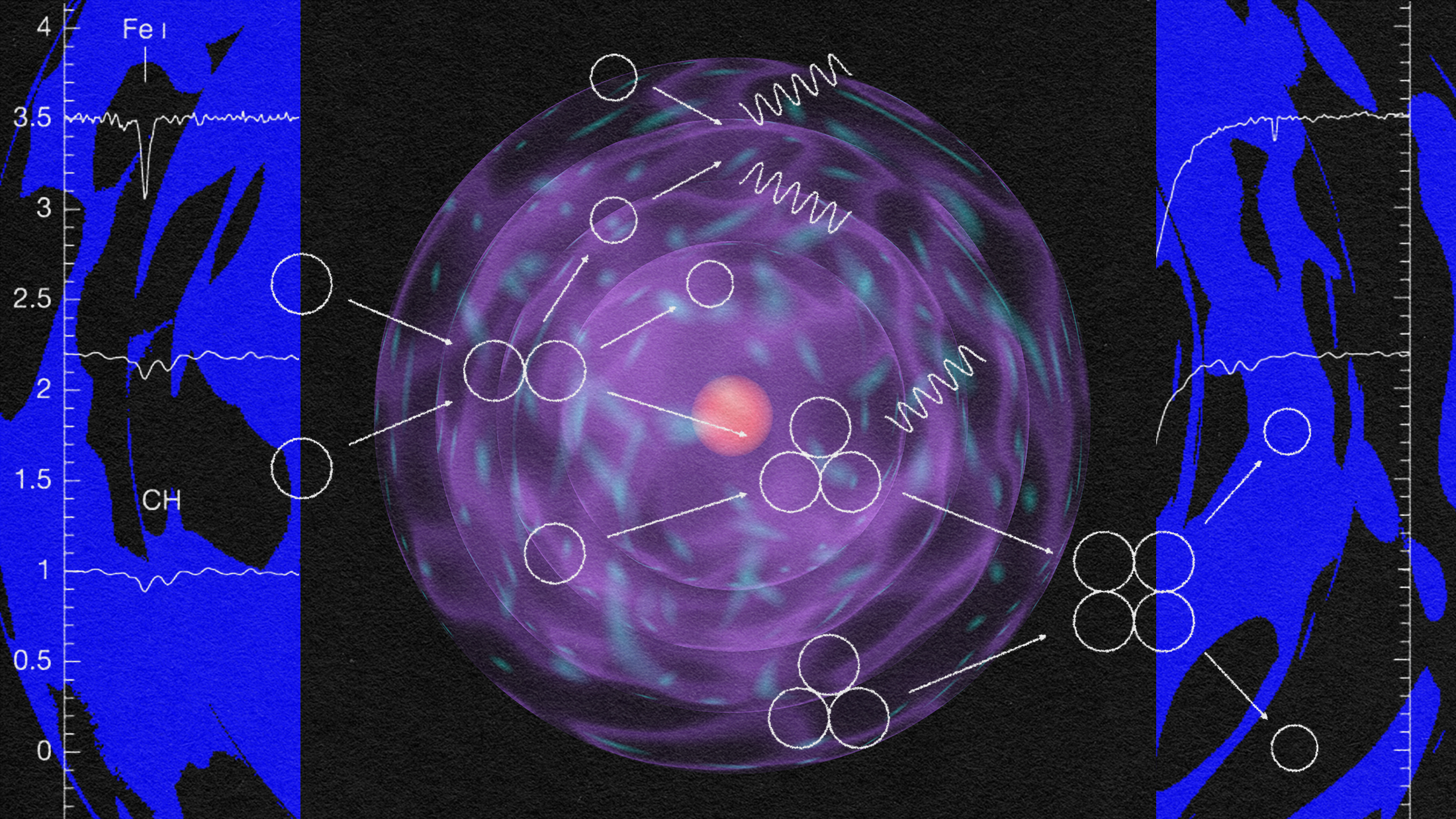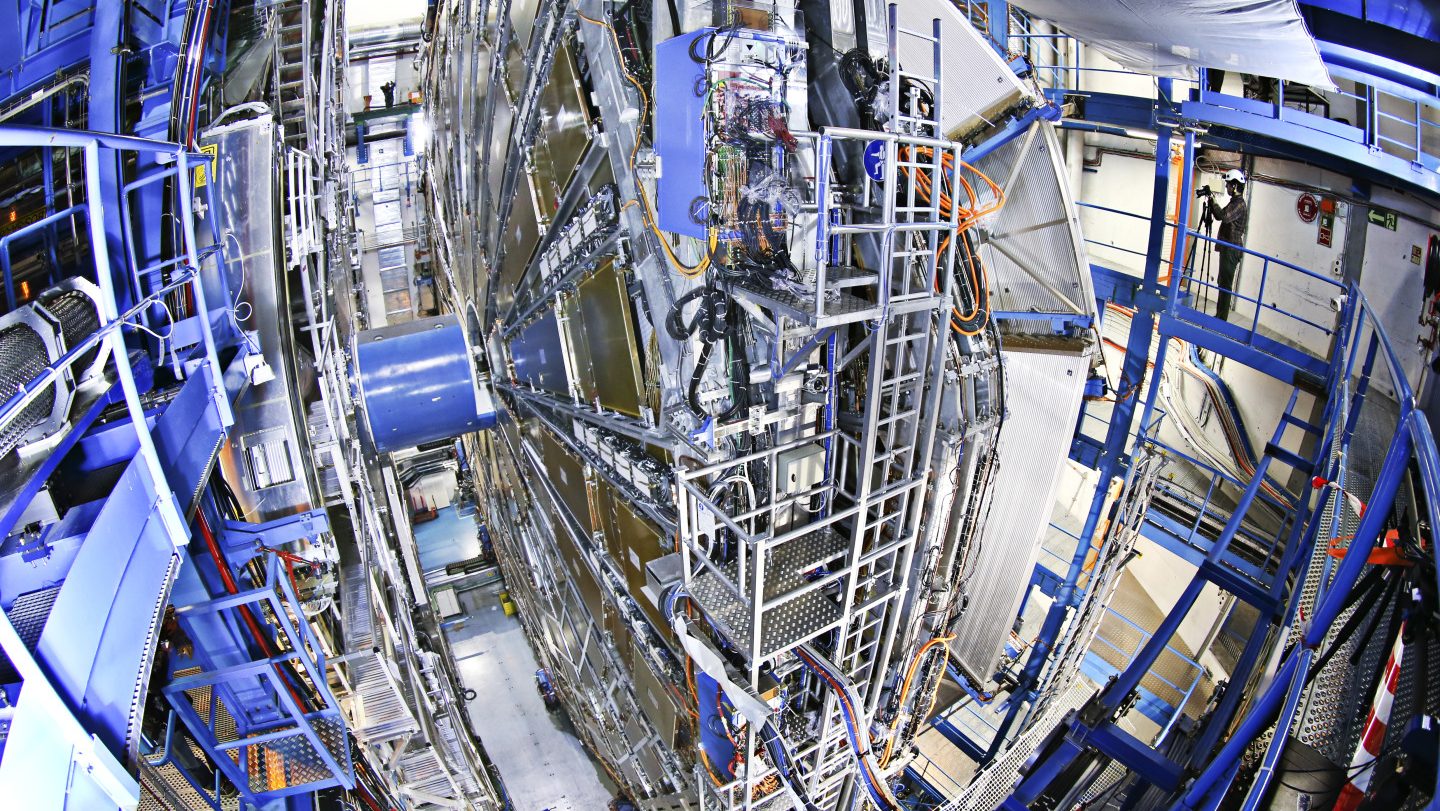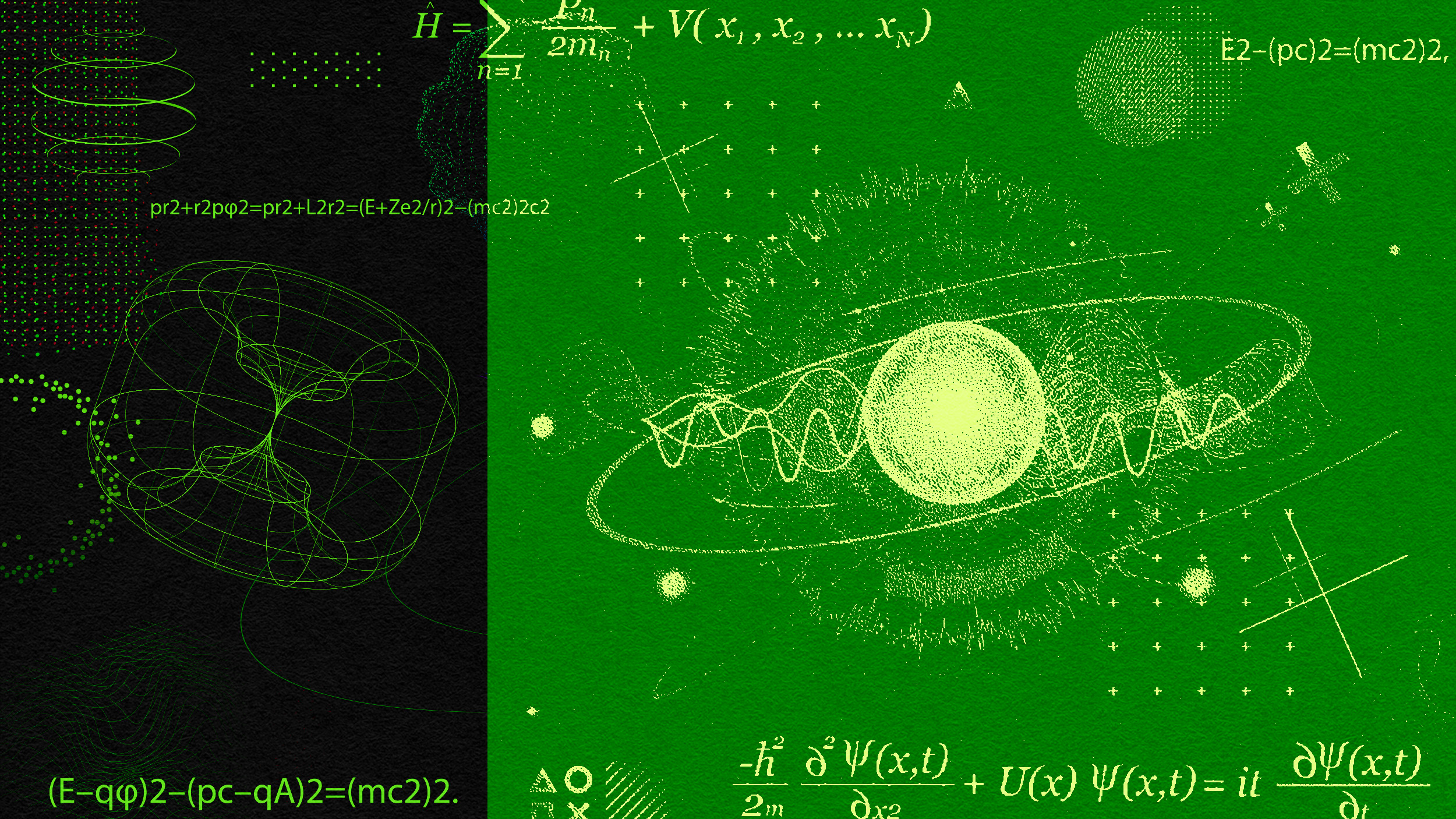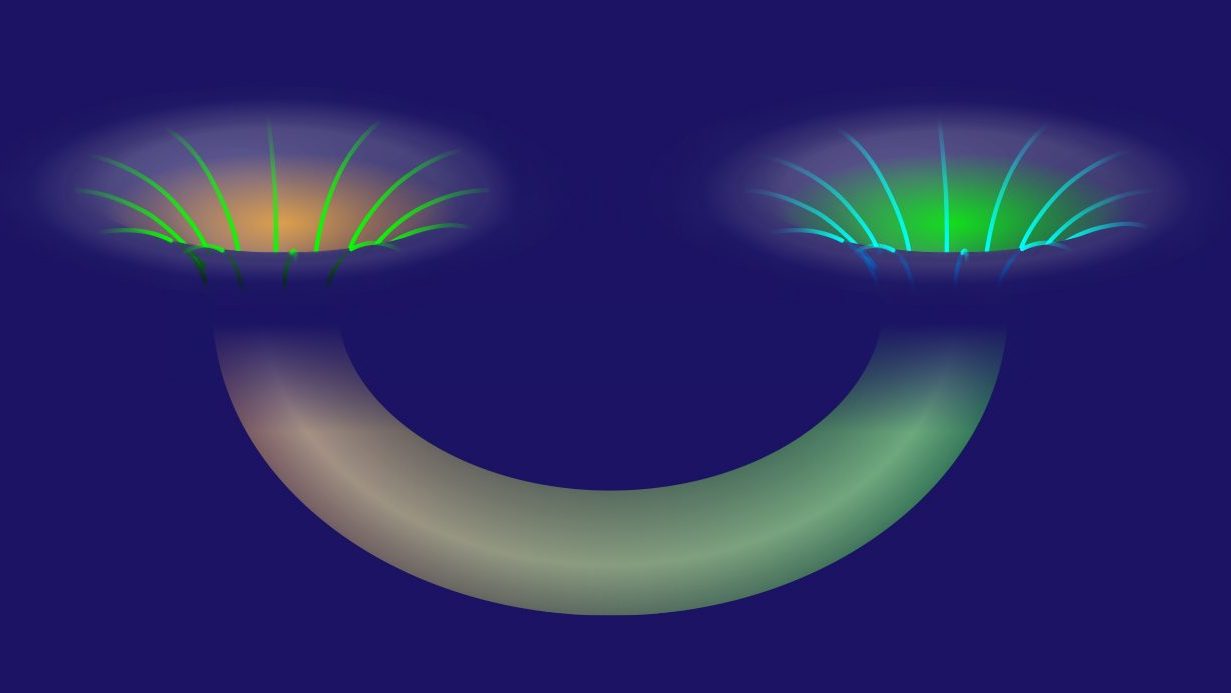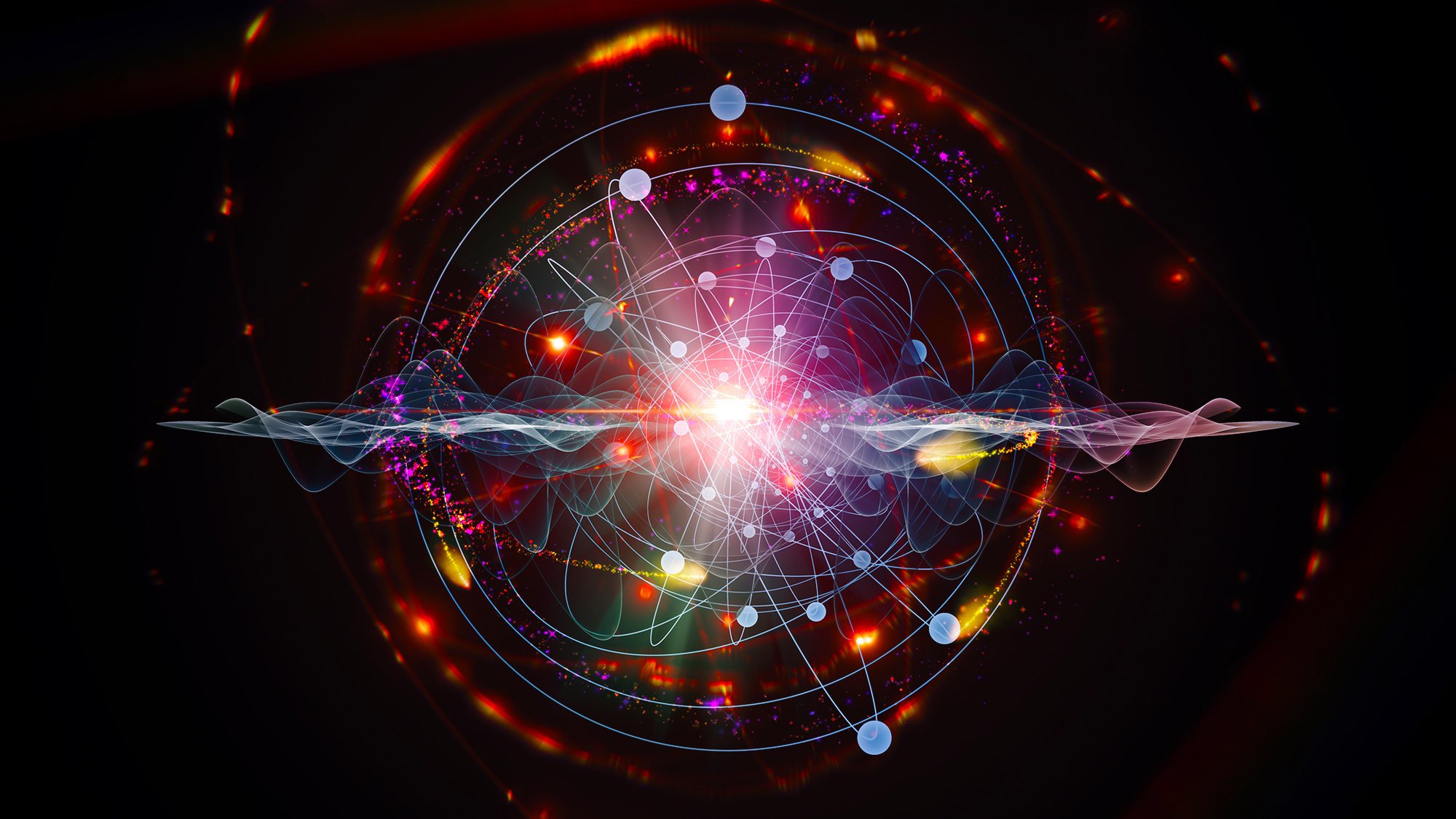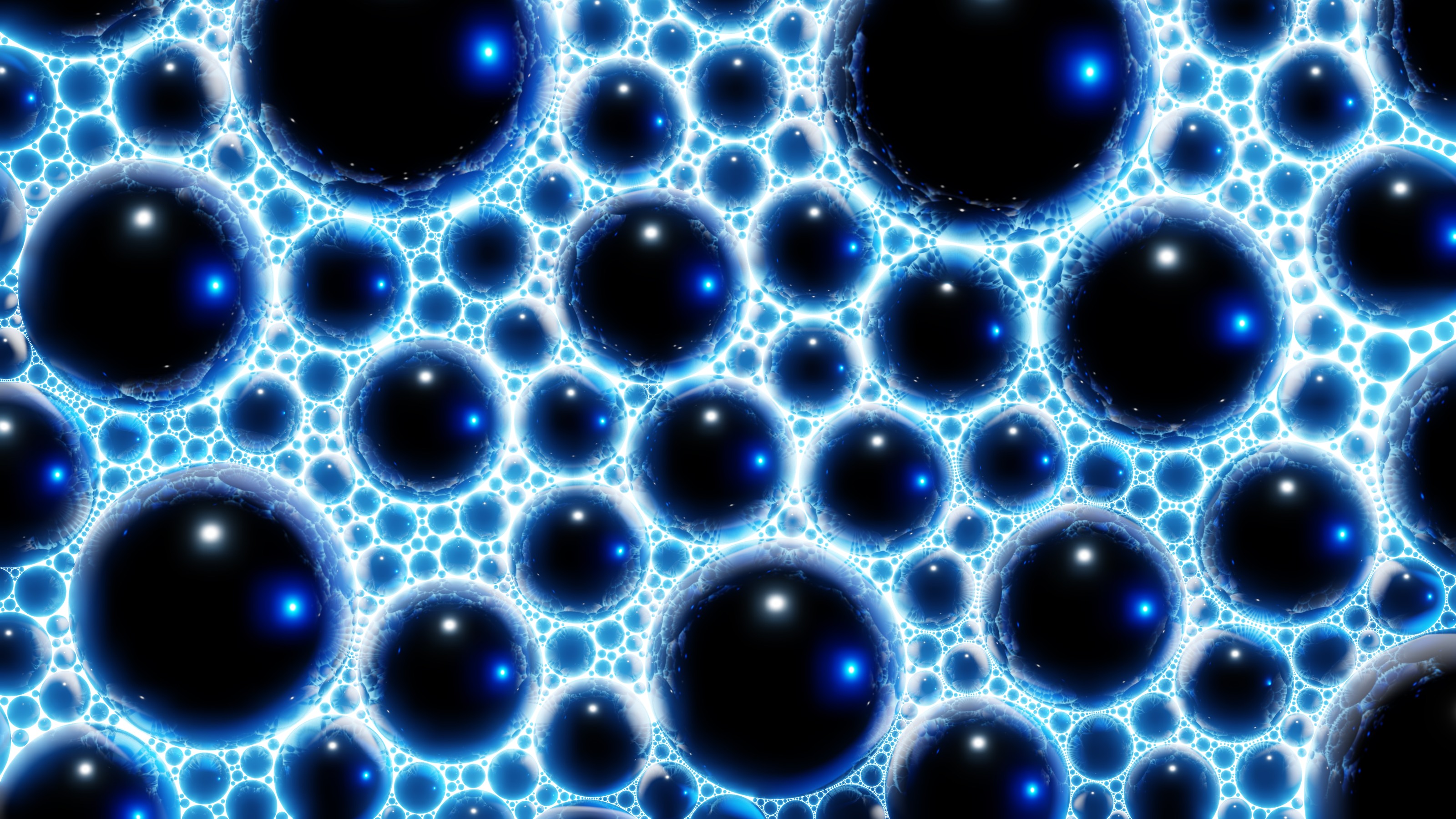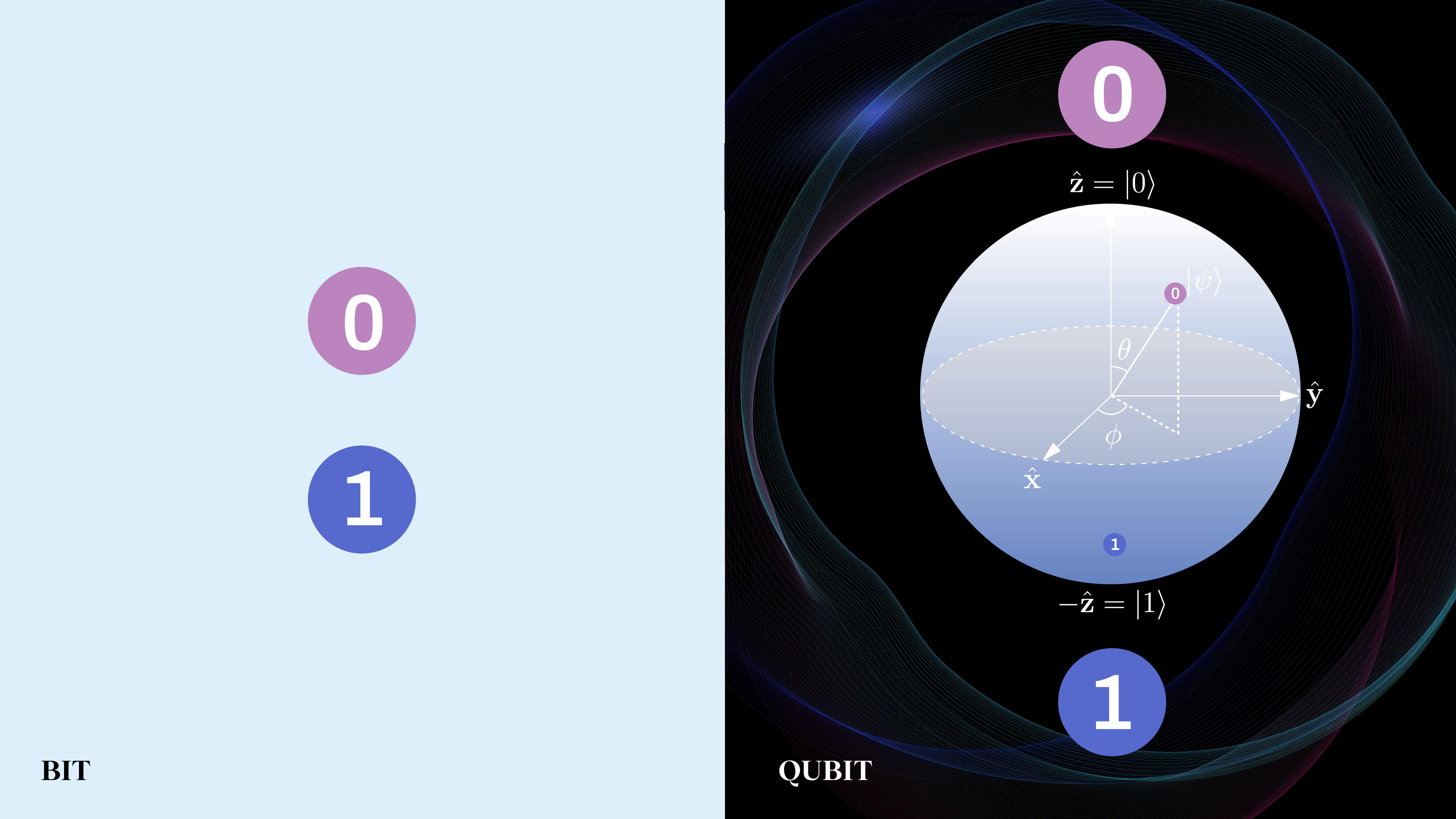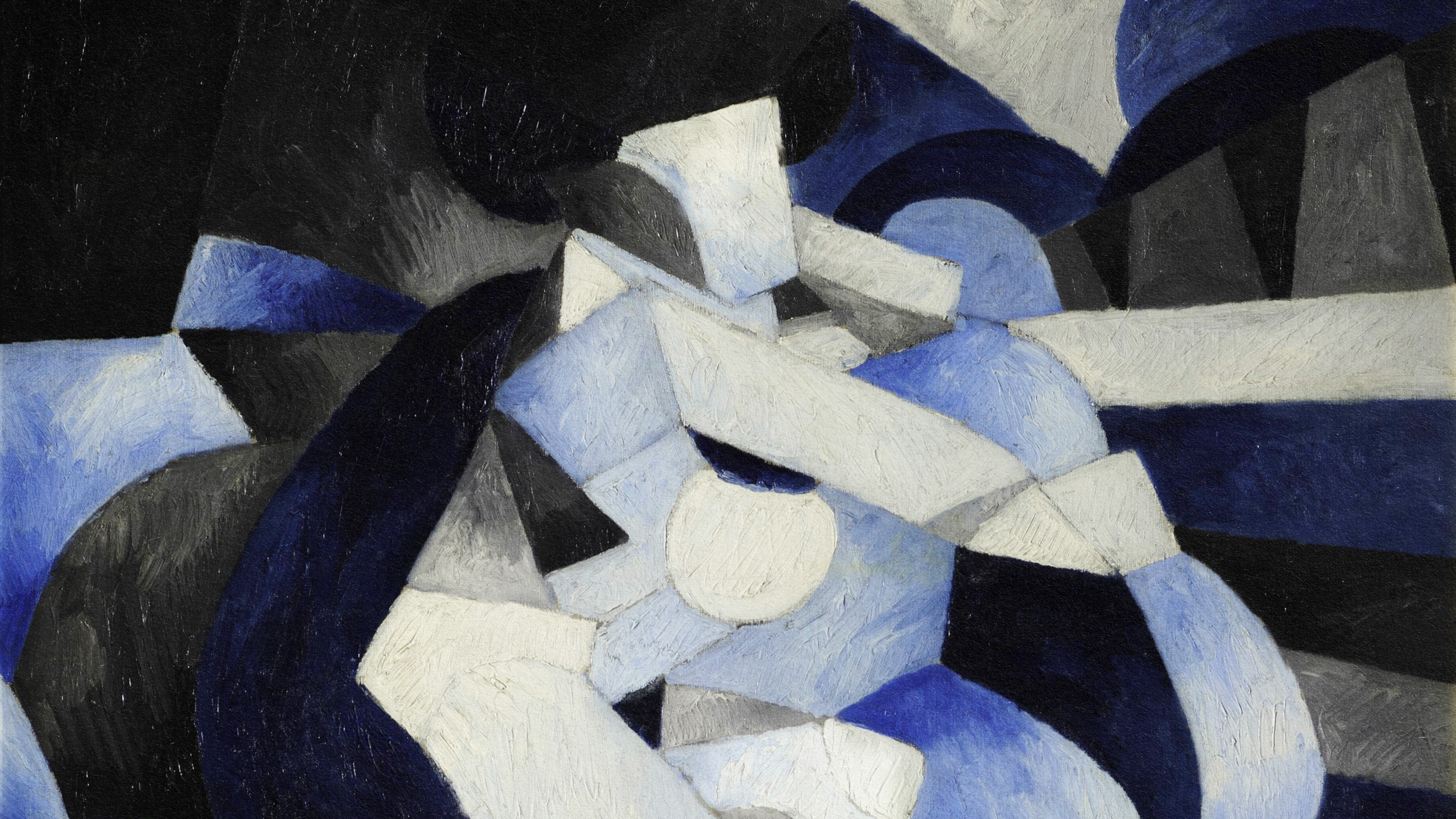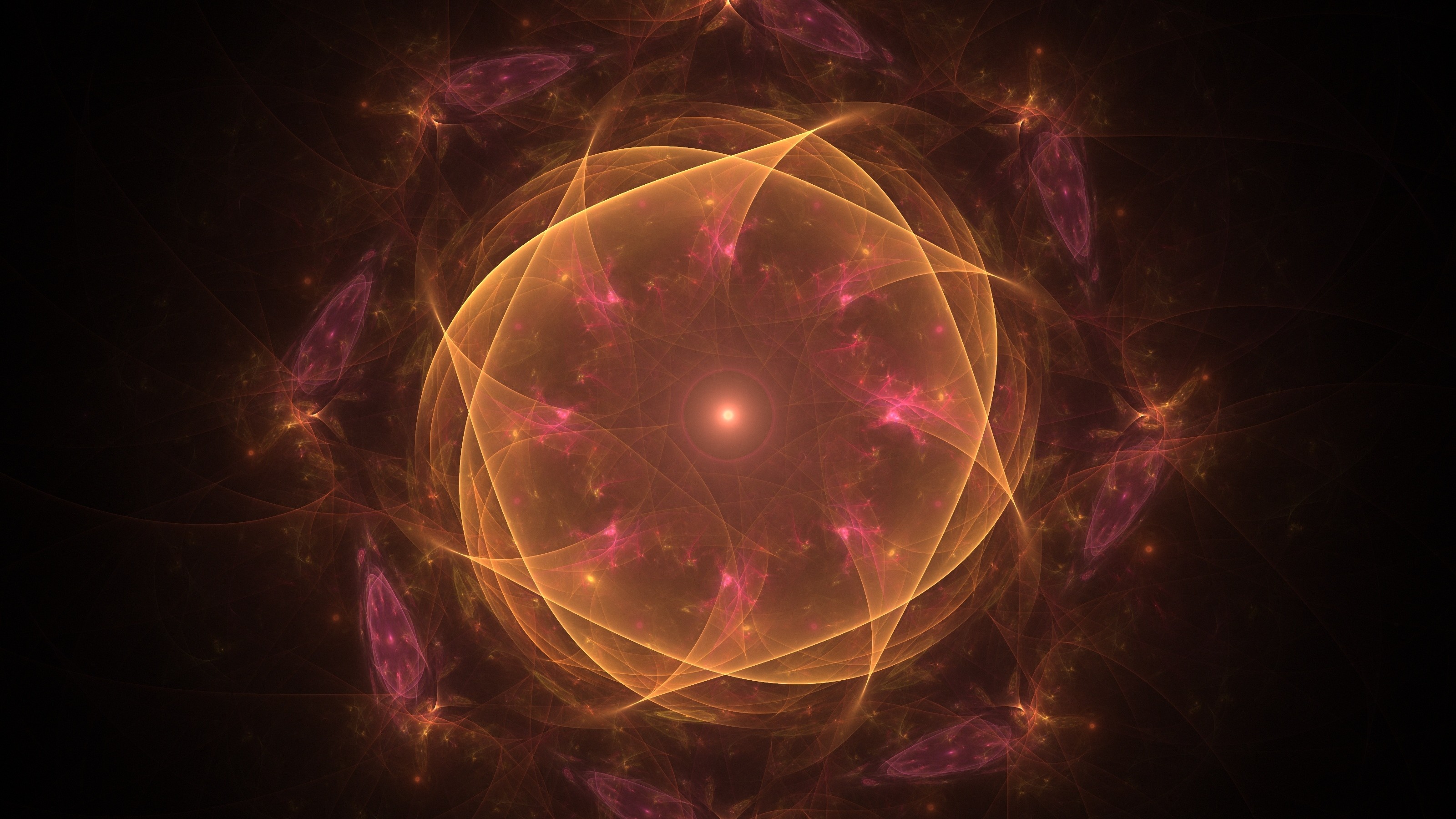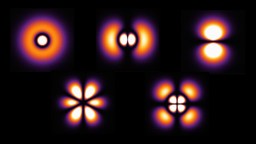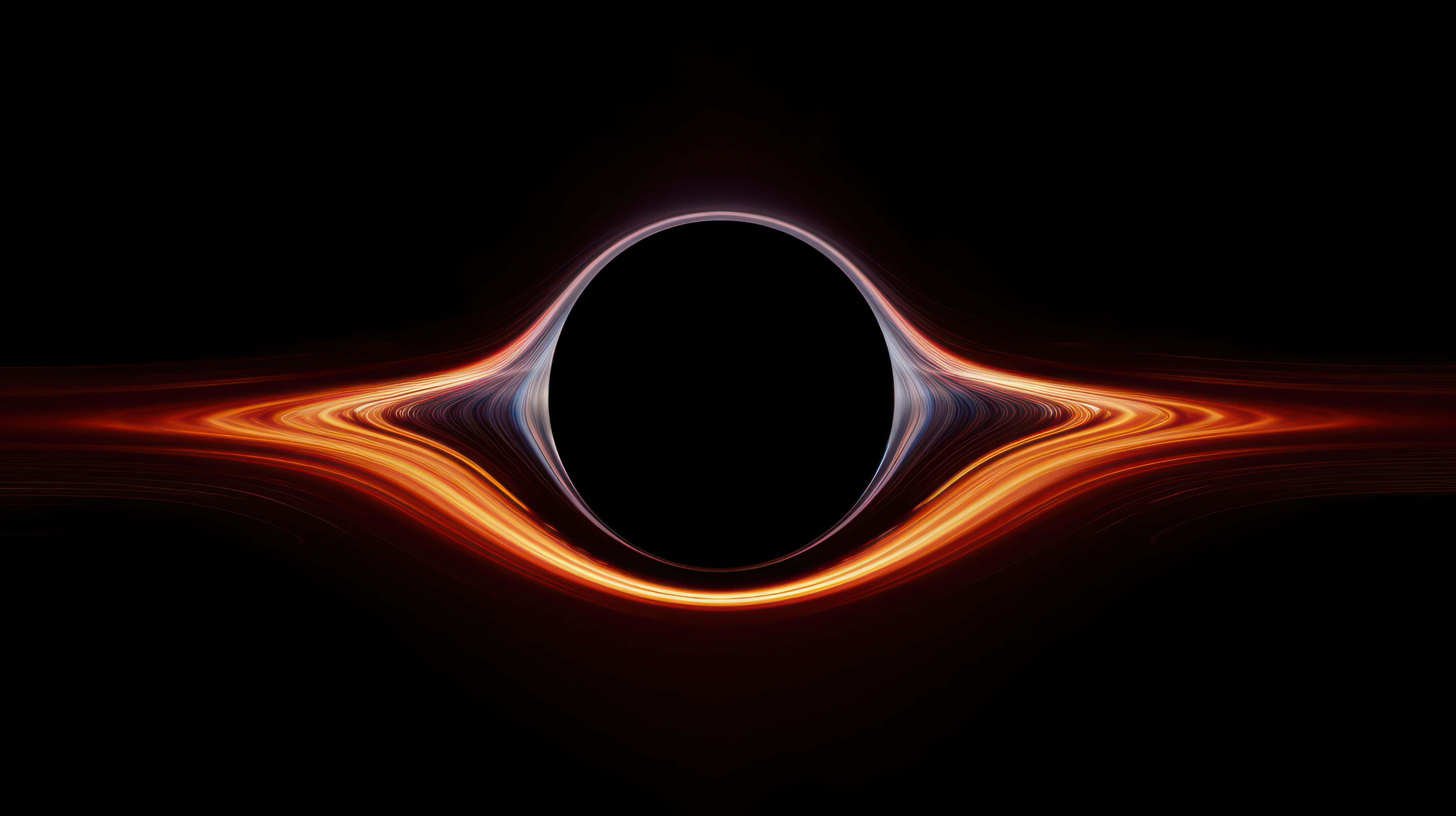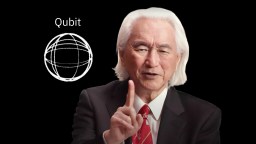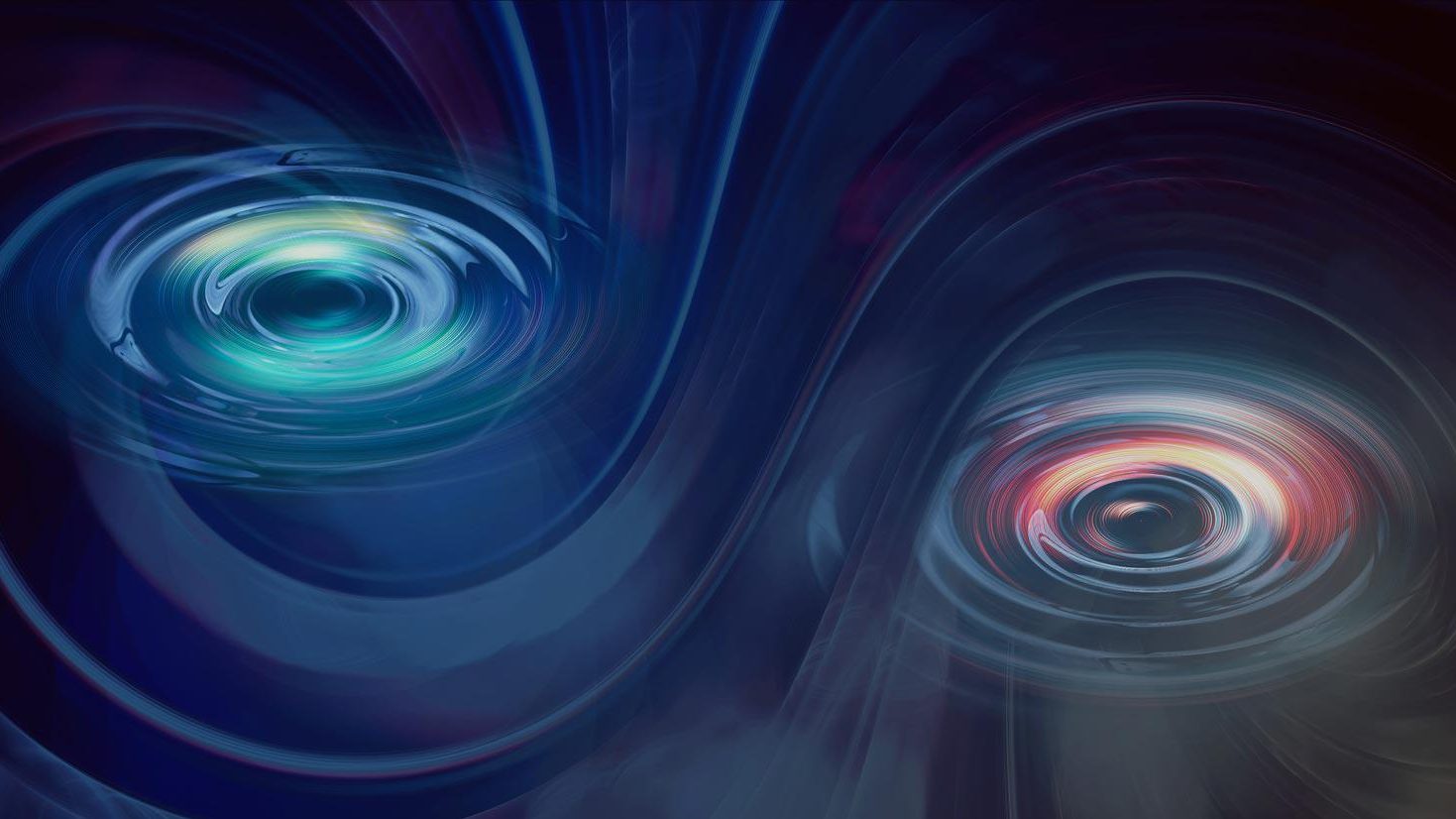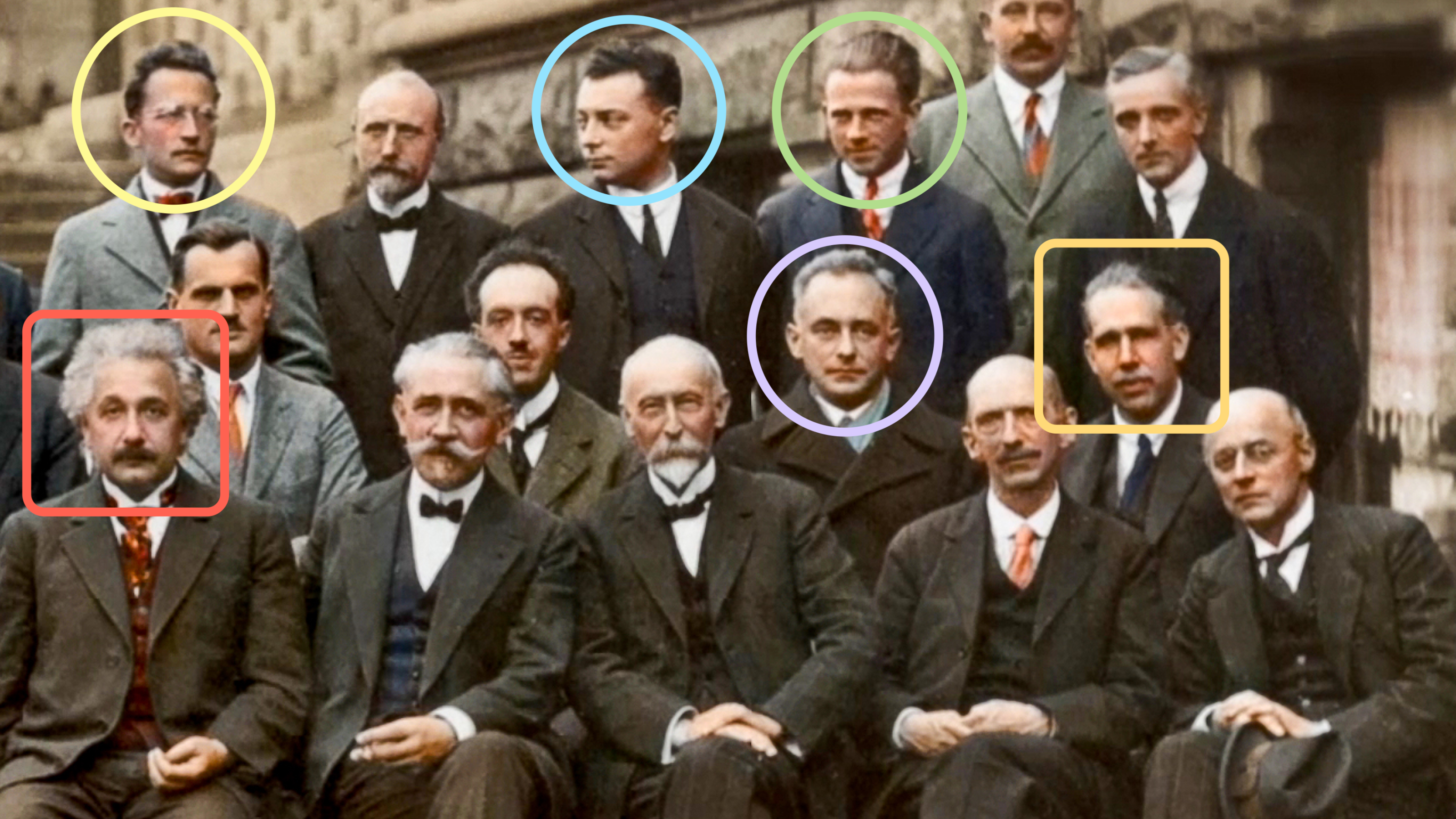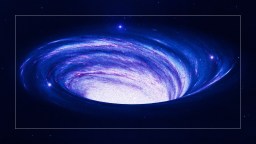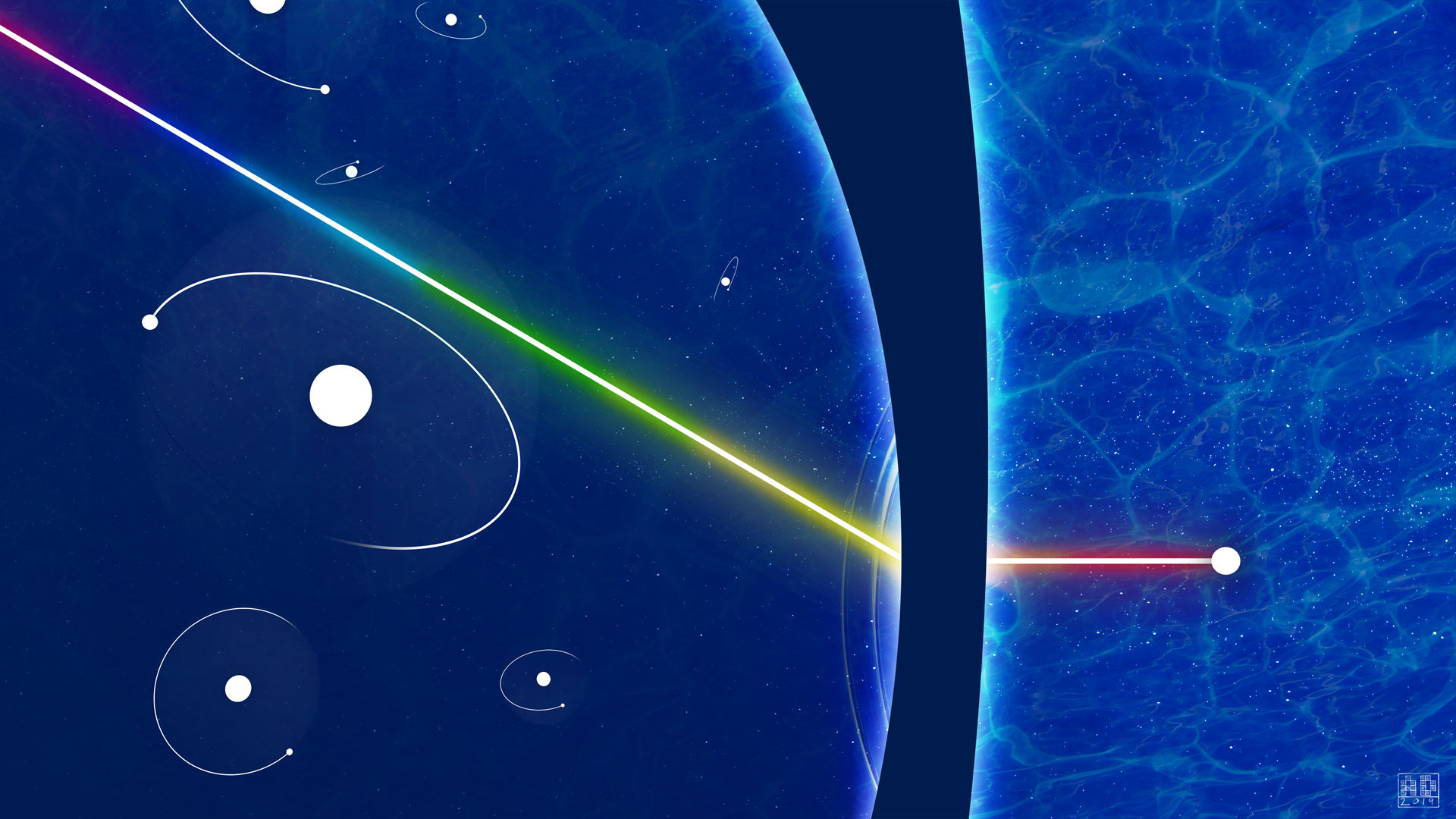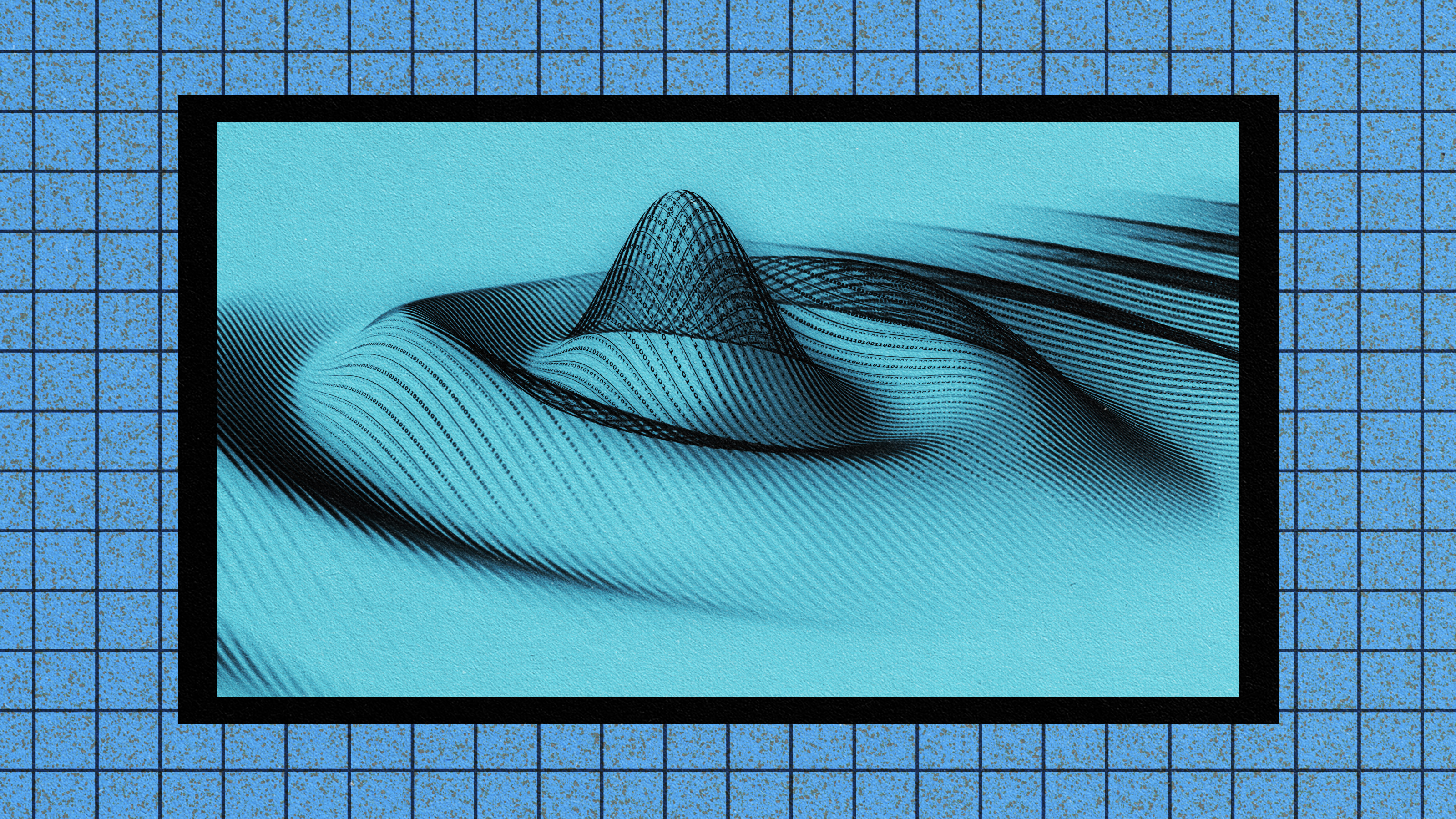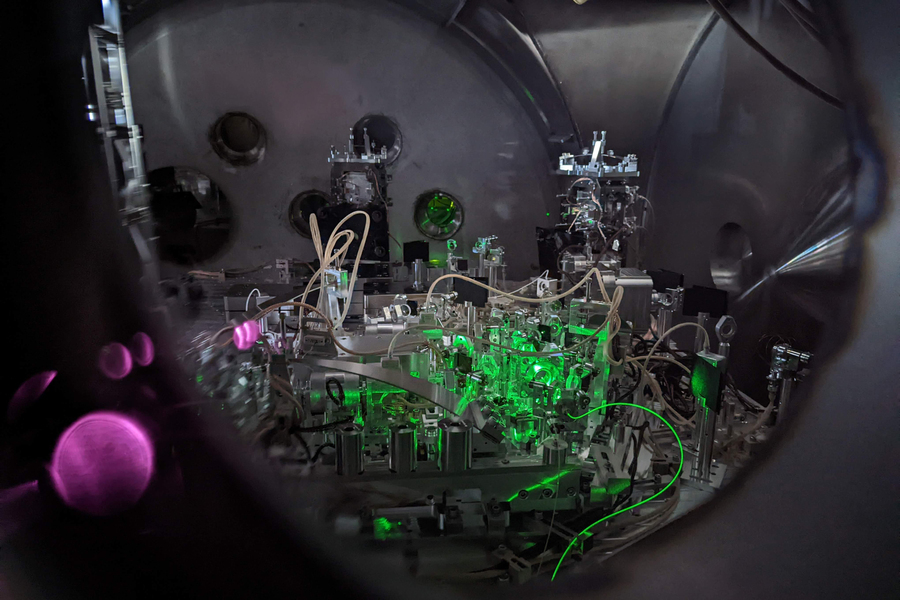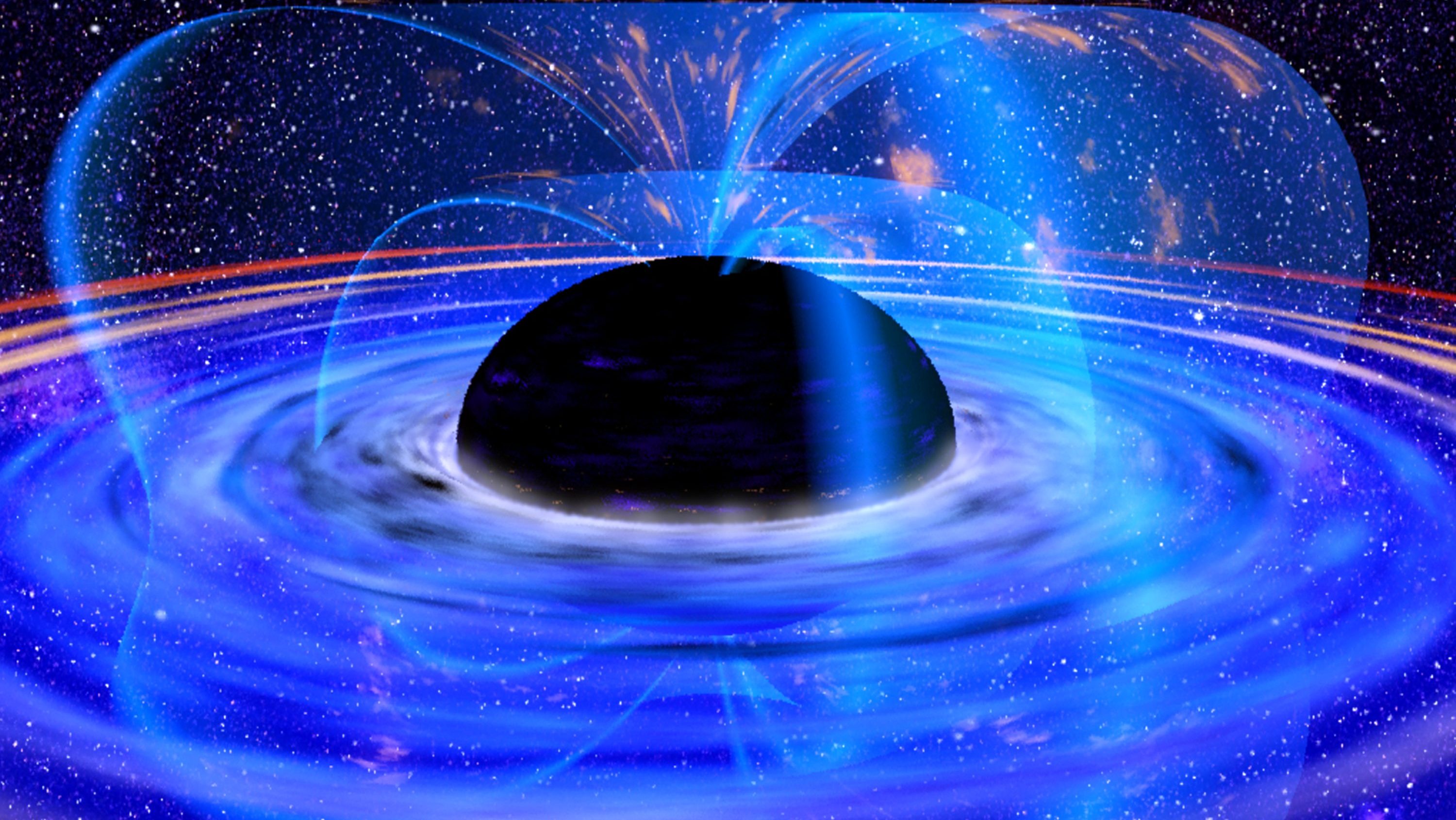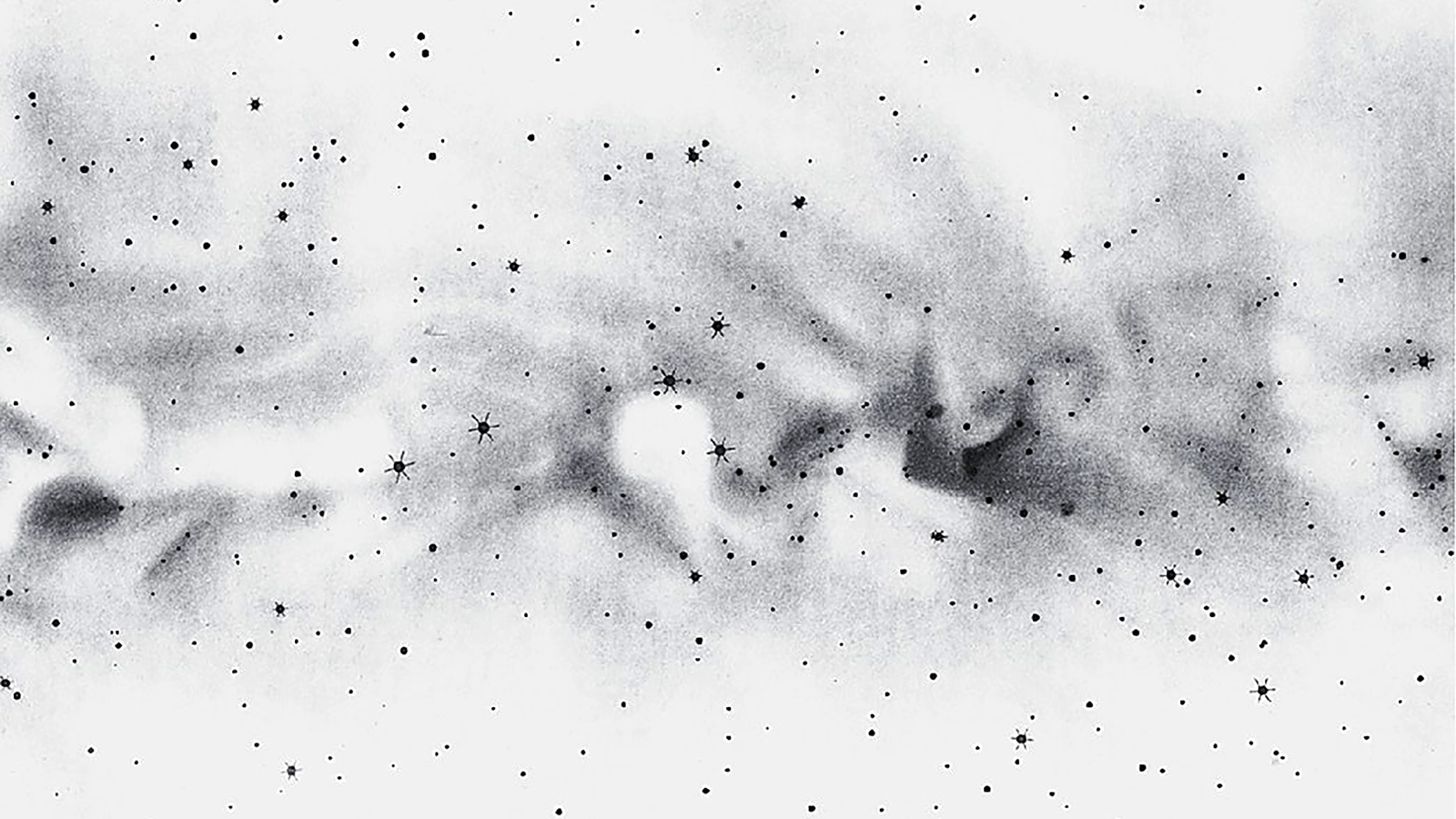Discover how Quantum Bayesianism challenges traditional quantum mechanics by focusing on the role of the observer in creating quantum reality.
Search Results
You searched for: quantum
Quantum computing brings significant opportunities — but equally significant cybersecurity risks.
Our classical intuition is no good in a quantum Universe. To make sense of it, we need to learn, and apply, an entirely novel set of rules.
No matter how good our measurement devices get, certain quantum properties always possess an inherent uncertainty. Can we figure out why?
LHC scientists just showed that spooky quantum entanglement applies to the highest-energy, shortest-lived particles of all: top quarks.
The evolution of quantum technology is far from over.
Do we actually live in a deterministic Universe, despite quantum physics? An alternative, non-spooky interpretation has now been ruled out.
No matter how good our measurement devices get, certain quantum properties always possess an inherent uncertainty. Can we figure out why?
Explore how QBism reframes science by placing the observer at the heart of quantum reality.
Here in the 21st century, quantum computing is quickly going from a dream to a reality. But what’s hype, and what’s actually true?
For generations, physicists have been searching for a quantum theory of gravity. But what if gravity isn’t actually quantum at all?
Can quantum computers do things that standard, classical computers can’t? No. But if they can calculate faster, that’s quantum supremacy.
Often viewed as a purely theoretical, calculational tool only, direct observation of the Lamb Shift proved their very real existence.
The perfectly accessible, perfectly knowable Universe of classical physics is gone forever, no matter what interpretation you choose.
Nature may not allow us full access to the weirdness of quantum mechanics.
A relatively new interpretation of quantum mechanics asks us to reimagine the process of science itself.
“You’re not meant to understand what I just said, because I don’t understand what I just said…” Physicist Brian Cox on one of the most complex theories in space science.
▸
7 min
—
with
A recent paper in the journal Physical Review Letters claims to prove that a “kugelblitz” is not possible.
Theoretical physics professor Michio Kaku outlines the evolution of computers from analog to digital and introduces quantum computers as the next frontier.
▸
11 min
—
with
It’s possible to remove all forms of matter, radiation, and curvature from space. When you do, dark energy still remains. Is this mandatory?
From the explosions themselves to their unique and vibrant colors, the fireworks displays we adore require quantum physics.
The combined intellectual heft of multiple “big thinkers” delivered arguably the most successful scientific theory in history.
Quantum wormholes are mathematically possible — but might also be physically impossible. Physicist Janna Levin explains Hawking’s famous information paradox.
▸
12 min
—
with
Some processes, like quantum tunneling, have been shown to occur instantaneously. But the ultimate cosmic speed limit remains unavoidable.
There may be unknown particles lurking inside the quantum foam.
Within our observable Universe, there’s only one Earth and one “you.” But in a vast multiverse, so much more becomes possible.
Is it like a tiny ball — or what?
There’s a quantum limit to how precisely anything can be measured. By squeezing light, LIGO has now surpassed all previous limitations.
Black holes encode information on their surfaces, but evaporate away into Hawking radiation. Is that information preserved, and if so, how?
Perhaps the whole Universe is the result of a vacuum fluctuation, originating from what we could call quantum nothingness.

